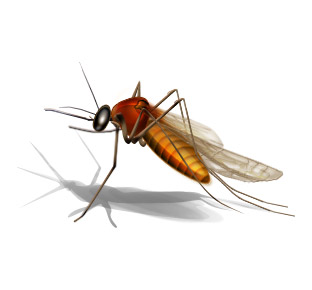
Overview
The Problem with Mosquitos
The mosquito is the number one vector (carrier of disease) in Singapore. The Aedes mosquito remains an ever-present threat and NEA maintains constant vigilance against the spread of Dengue fever through regular checks of residential and commercial premises and strict enforcement of the law through penalties and public education.
Besides being a pest of public health, presence of mosquitoes can sometime be a nuisance when they bother people around homes or in parks and recreational areas. In some countries, economically important mosquitoes reduce real estate values, adversely affecting tourism and related business interests, as well as negatively impacting livestock or poultry rearing.
Methods of Mosquito Control in Singapore
In mosquito control, great emphasis is placed on a comprehensive ‘Search & Destroy’ operation for mosquito breeding and potential breeding sources. Source reduction can be an extremely effective measure and is a permanent way to reduce mosquito populations.
Besides reducing breeding source through search and destroy methods, larviciding (the killing of larvae) and adulticiding (the killing of adults) are also carried out in most mosquito management programs. A number of methods are employed in larviciding e.g. oiling, the usage of Bti briquettes, utilisation of Abate sand granules and insecticide spraying. In adulticiding, methods employed are residual spraying (onto mosquito resting surfaces), misting and fogging.
The usage of which of the above methods of treatment to control mosquito larvae and adult is dependent upon the terrain and area to be treated, site vulnerability to breeding, presence of adult swarmers or any disease outbreak. For adult mosquito control, use of sprays and mist will generally give better short-term control through its chemical residual effects. Treatment by fogging does not leave behind any residual effects, thus treated areas can quickly become re-infested with mosquitoes from adjacent non-treated areas. For optimum results, fogging is best carried out at dawn or dusk when mosquito flight activity is high.
Considering the very short breeding life-cycle of mosquitoes, treatments are more effective when carried out at frequent regular intervals.
We encourage eco-friendly methods in the management of mosquitoes such as selective use of the biological pesticide Bti in misting and water-based thermal fogging.
Services
